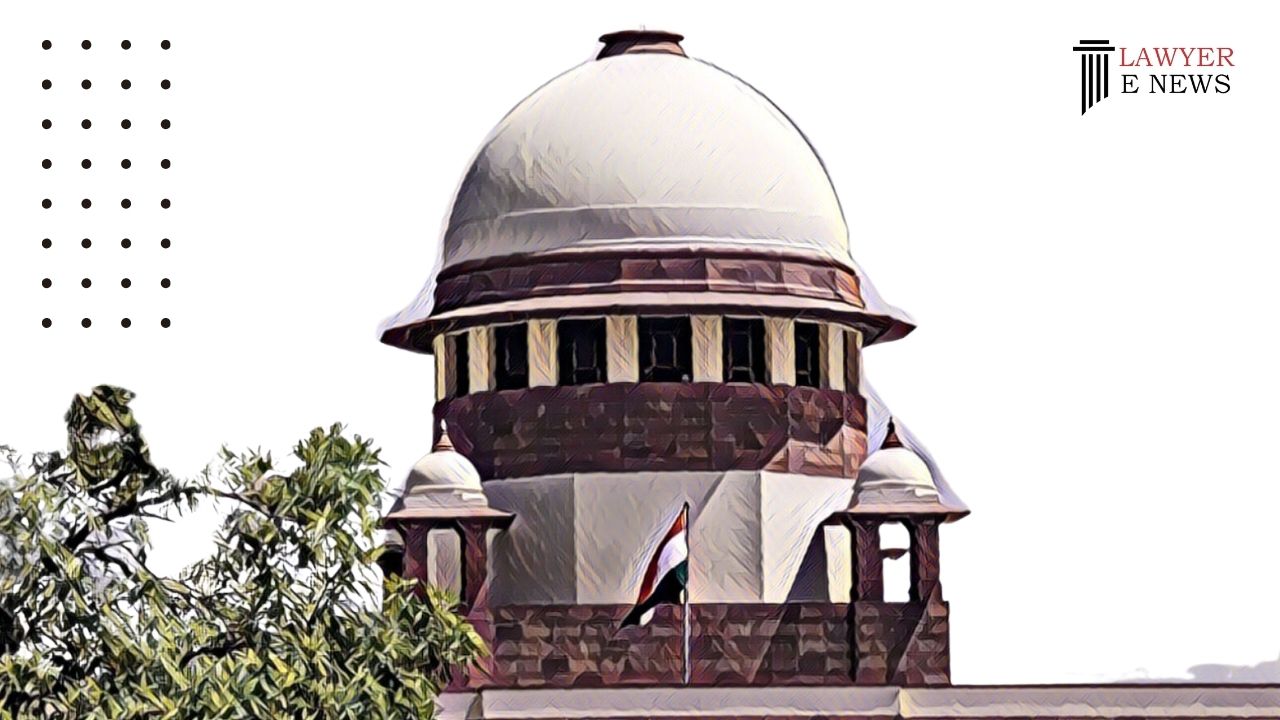-
by Admin
15 February 2026 5:35 AM



On May 16 , 2023 , In a recent judgment, the Supreme Court of India ruled on the interpretation and retrospective applicability of government orders regarding advance increments for lecturers based on their qualifications. The Court held that a subsequent government order, which sought to limit the eligibility of certain lecturers for advance increments, cannot be applied retrospectively.
Supreme Court has clarified the applicability of government orders concerning advance increments for lecturers based on their qualifications. The Court ruled that a government order issued on March 29, 2001, which sought to modify the eligibility criteria for advance increments, cannot be applied retrospectively.
The case involved a dispute regarding the interpretation of government orders issued on December 21, 1999, and March 29, 2001. The orders provided for different levels of advance increments based on the qualifications of lecturers at the time of recruitment and subsequent promotions. The question before the Court was whether the subsequent government order could be applied retrospectively to lecturers who were already placed in the selection grade before its issuance.
After considering the arguments presented by both sides, the Court identified two main points for consideration. Firstly, it examined whether the subsequent government order was a clarification or a substantive amendment of the previous order. Secondly, it analyzed whether the subsequent order could be applied retrospectively to lecturers who had already received advance increments based on their qualifications.
The Court held that the subsequent government order, issued on March 29, 2001, was not merely a clarification but a substantive amendment. It restricted the eligibility of lecturers who had already received advance increments for holding a Ph.D. degree at the time of recruitment from receiving additional increments upon placement in the selection grade. The Court emphasized that such an amendment, which withdraws a benefit not anticipated under the previous scheme, cannot be given retrospective effect.
Supreme Court dismissed the appeal and affirmed the judgments of the High Court of Kerala. The Court held that lecturers who were placed in the selection grade before March 29, 2001, are entitled to all the incentives stipulated in the government order dated December 21, 1999. The judgment provides clarity on the interpretation and retrospective applicability of government orders concerning advance increments for lecturers.
Date of Judgment: 16th May, 2023
SREE SANKARACHARYA UNIVERSITY OF SANSKRIT & ORS. vs MANU & ANR.
